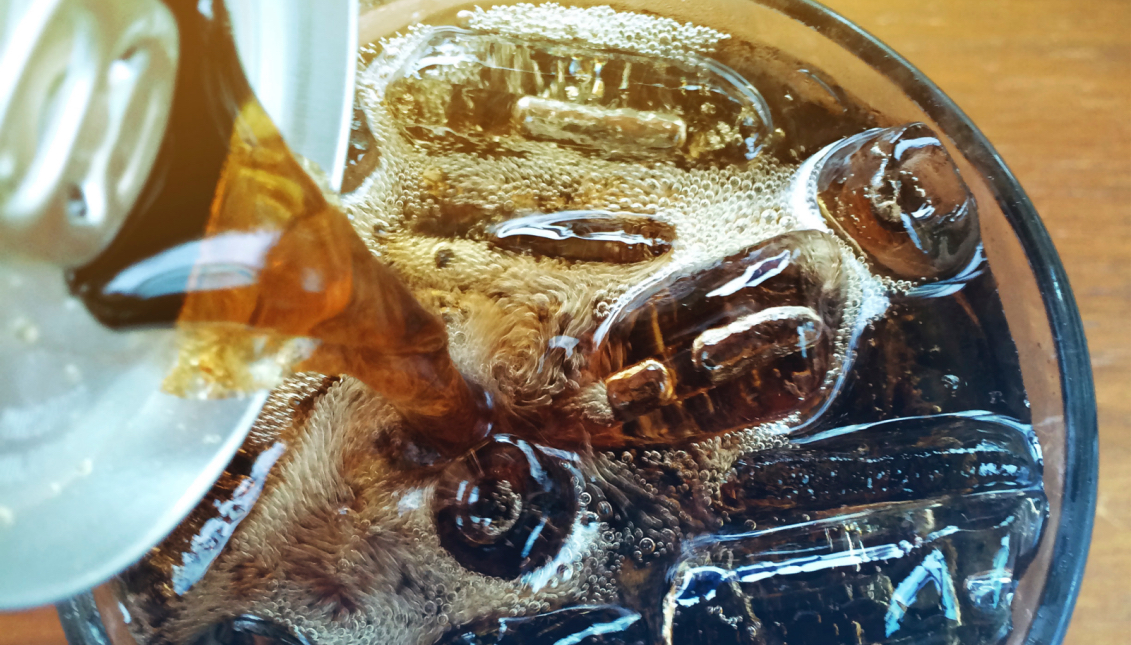
Op-Ed: Soda Tax lacks both fizz and merit
MORE IN THIS SECTION
One doesn’t need a degree from the Wharton School to recognize the controversial soda tax proposal now being debated in Philadelphia City Council contains more carbonation and hot air than sound public reasoning.
Though no one can fault Mayor Kenney for attempting to come up with additional funds for cash-strapped educational programs in the city, his proposal to establish a tax on sugary drinks- both soda and juice – would be counter-productive on a number of levels.
Many low and moderate-income families would be severely impacted by a whopping three-cents an ounce tax on their favorite sodas and sports drinks, not to mention their children’s favorite apple, cranberry or grape juice beverages.
Those without private vehicles or the fare for public transit will be victimized. Low-income folks and seniors on fixed incomes will be stranded in the city and forced to pay higher prices. Though destined with good intentions in mind, resentment will be one of the outgrowths of the new tax. With a quarter of the city’s population below the poverty line, economically hard-pressed citizens don’t need public officials making well over $100,000 a year telling them what they should drink and how they should spend their money.
And while Philadelphians are all in a lather debating the pros and cons of the soda tax proposal, surrounding communities – from New Jersey to Montgomery, Delaware, Chester and Bucks counties – are looking with anticipation at the economic boon they’ll inherit. Thousands of Philadelphians will now be loading up on their favorite beverages across county lines and in the Garden State, rather than pay the extra freight for a similar purchase closer to home. Not to mention the distinct possibility that this could well be the tipping point that companies like Coca-Cola and Pepsi see as another reason to escape the tax trappings of doing business in Philadelphia and move their plants and jobs to a more business friendly area.
Already viewed by many as a high tax city, Philadelphia need not double-down on its already well-established, anti-business reputation by instituting a beverage tax that would go well beyond anything else like it in the nation. Granted, the City of Brotherly Love wouldn’t be the first to institute such a tax – Berkeley, California has declared war on soft drinks as well – but Berkeley’s soda tax is a fraction of what Mayor Kenney is proposing, and Berkeley’s median household income is nearly double that of Philadelphia.
Balancing municipal budgets for rustbelt cities like Philadelphia – especially after the economic downturn of the last half-dozen years – is no walk in the park, but residents expect more from their elected leaders than a new tax every time an agency’s budget discloses a deficit. Public safety is a key component of urban life, but will a sin tax on soft pretzels (remember, there is salt on those pretzels) be the best the administration can come up with if a monetary shortfall should arise in the Police Department’s 2017 budget?
In conclusion, Mayor Kenney ran an extraordinarily astute campaign for mayor last year. A soda tax was not one of his campaign promises. In fact, as Councilman he was on record as opposed to the concept. Some citizens may admire his philosophical flexibility, but others may have been hoping for more creativity and less taxation when addressing one of the cities many problems.






LEAVE A COMMENT:
Join the discussion! Leave a comment.